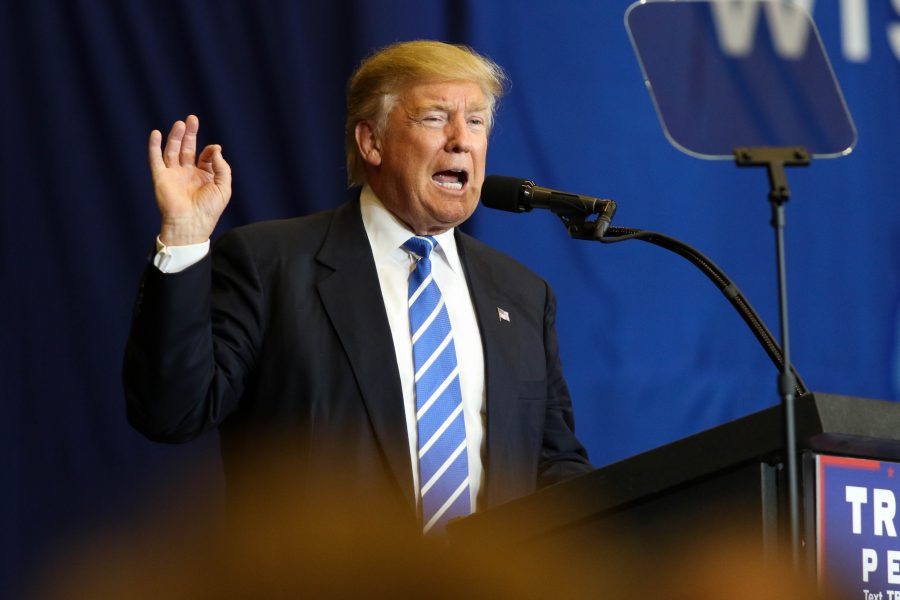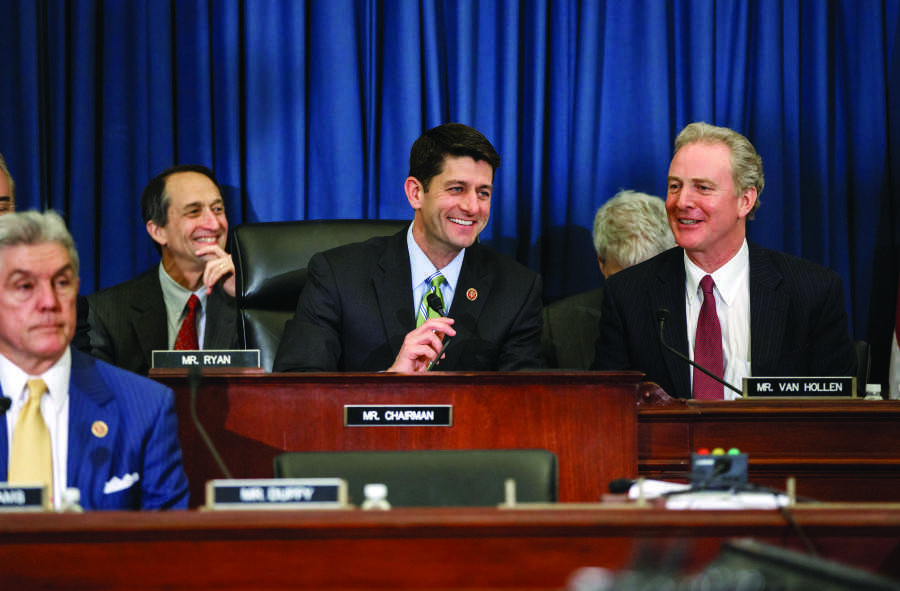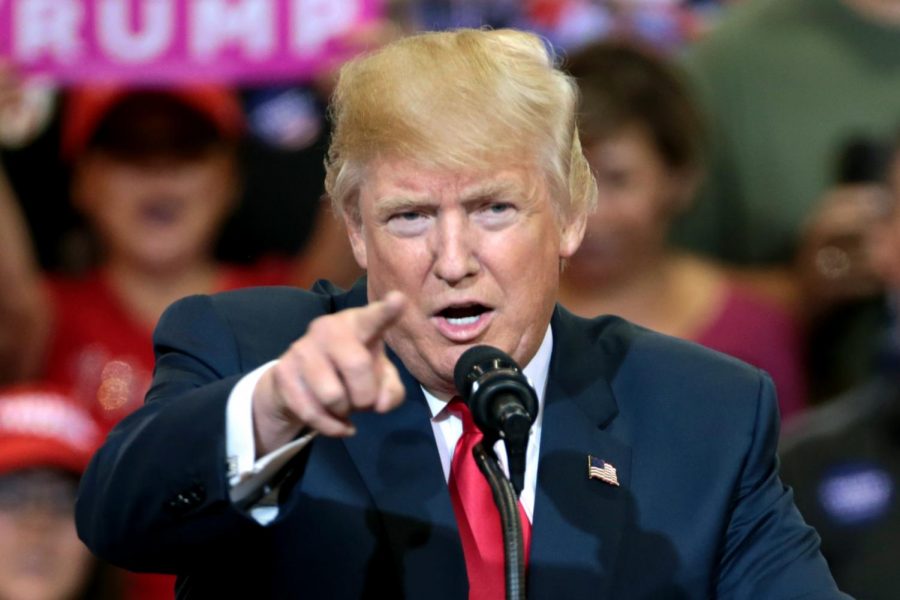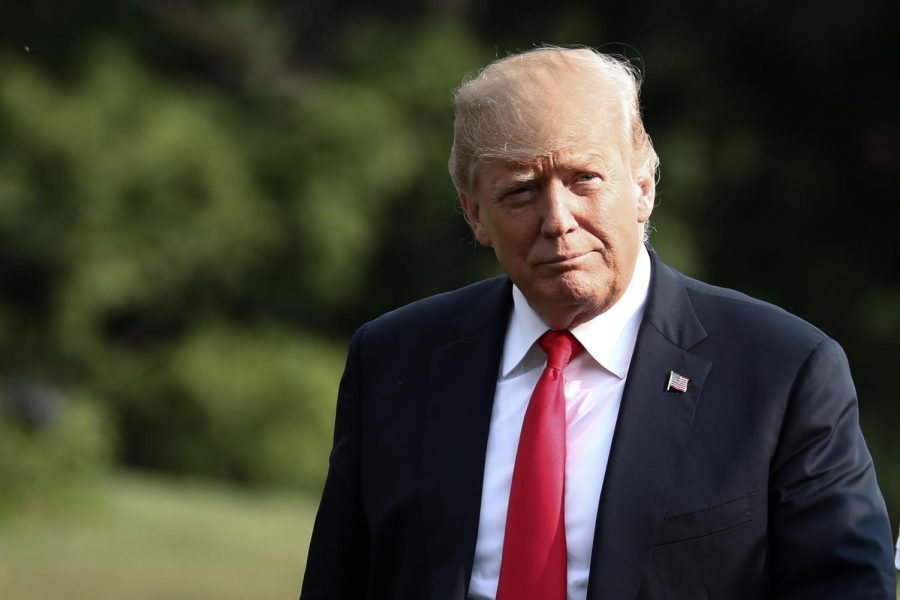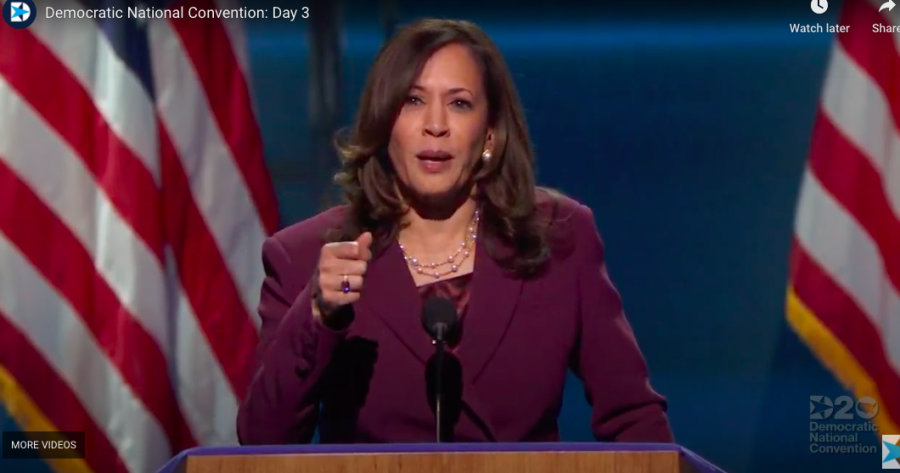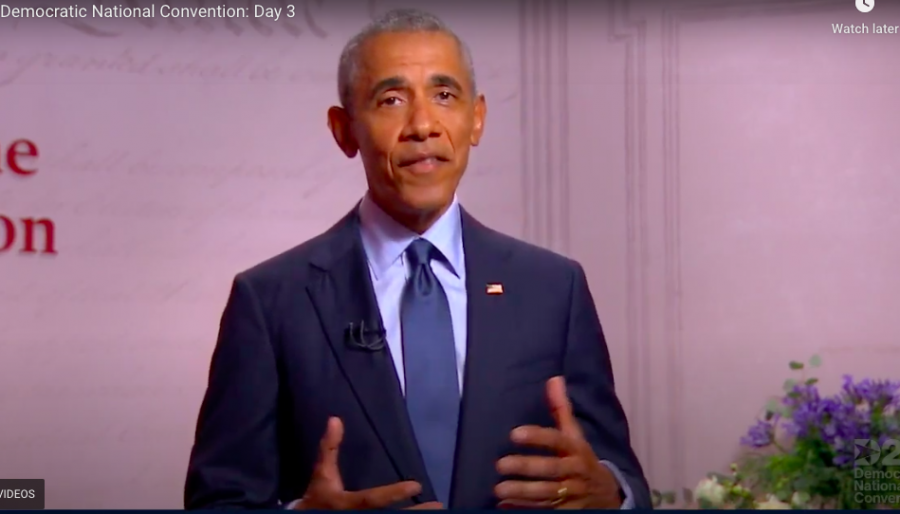The State of the Union is a speech given by the president of the United States each January to Congress that relays their perspective on future plans for legislation and current events affecting the nation.
Last Tuesday, President Donald Trump stood in front of Congress and gave his State of the Union address. Some topics brought up in one of the longest addresses in American history called for bipartisanship and celebration of the police, veterans and military heroes. There was little discussion of policy for the future.
The response to the speech was either positive or neutral. There were no extreme cases of hate against the speech itself. Texas Sen. Ted Cruz condemned Democrats during an interview with Sean Hannity.
“It was stunning to watch Washington Democrats sit there stone-faced and refuse to applaud more jobs, higher wages and jobs coming back to America,” Cruz said.
Others on the right side of the aisle echoed these positive sentiments. Dan McLaughlin, National Review columnist and Republican, expressed satisfaction with the address.
“I was pleased to see the Republican president promote the benefits of tax cuts, solidarity with Iranian protesters and the need for compromise over immigration,” McLaughlin said.
Trump received less criticism than he typically has following his other public addresses. The problem with this is that in the time that led up to the speech, the audience’s bar for Trump was set much lower than for former presidents.
Trump did not praise white supremacists or call Mexicans rapists, so Americans assumed the administration was taking a turn for the better. House Minority Leader Nancy Pelosi said the expectations for Trump are basically, if “his nose isn’t running and he isn’t burping,” then it was a successful speech.
Because Trump did not say something profoundly shocking, like using foul language to describe a whole group of countries, the audience feels as if their president is doing his job. Trump’s ability to successfully read words off a teleprompter should not automatically allow him to be described as “presidential.”
Trump does and says too many obscene and offensive things for the public to accept him as an effective leader. The wide disparity between the free passes Trump gets and the ones former President Barrack Obama received is completely unfair.
When Trump went off script, he automatically went back to his expected behavior. He confidently claimed that his 45.6 million viewers were the highest in history, despite it being so easily proven that the past three presidents have passed this number during their State of the Union addresses.
He actually had more viewers watching his first address than this one, but still claimed Tuesday’s State of the Union viewers were record-breaking. He made another claim at the Republican lawmaker’s retreat shortly after Tuesday’s speech, saying his administration had “signed into law the biggest tax cuts and reforms in American history,” when in reality, Trump’s December tax overhaul falls far behind in the ranks of presidents in the past.
This man cannot rely on his own knowledge or speaking abilities to coherently give a rational answer or inoffensive comment. The fact that Trump’s approval rating increased by 10 percent after Tuesday night is evidence that people truly believe that he is a good enough president. But people should never have to use the phrase “good enough” to describe the most powerful person in the world.


